We walk around every day or relax at home, interacting with unassuming items that are actually dangerous to our health. Here are 21 common items that pose the most health risks and some ways you can manage these risks.
Air Fresheners
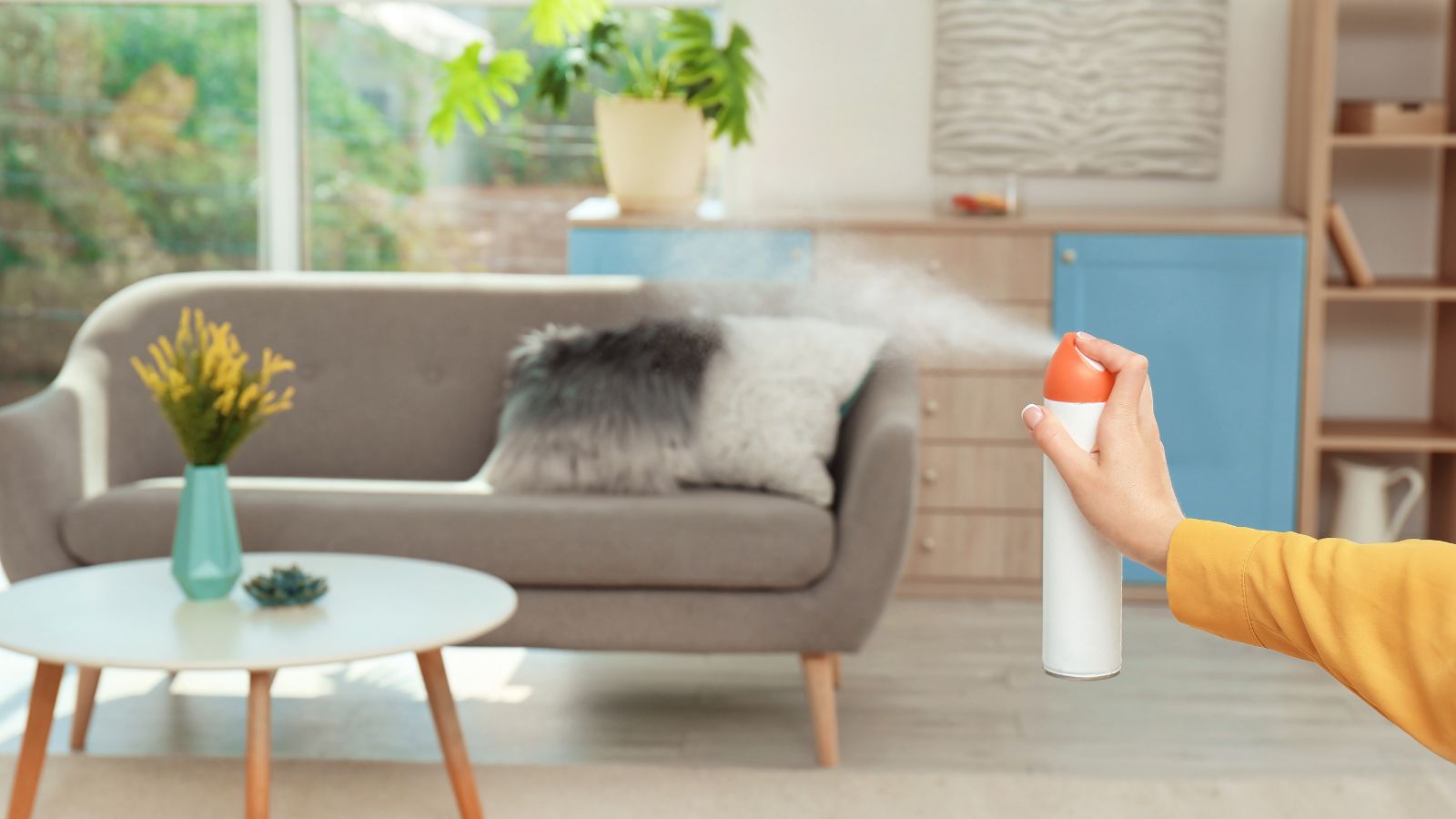
Air fresheners have pleasant smells. However, UMass warns that they also release volatile organic compounds (VOCs), such as formaldehyde, acetaldehyde, and benzene, into the air. These VOCs cause respiratory problems and hormone changes, which are especially harmful in the long term. Your best alternative is to use essential oils.
Plastic Containers
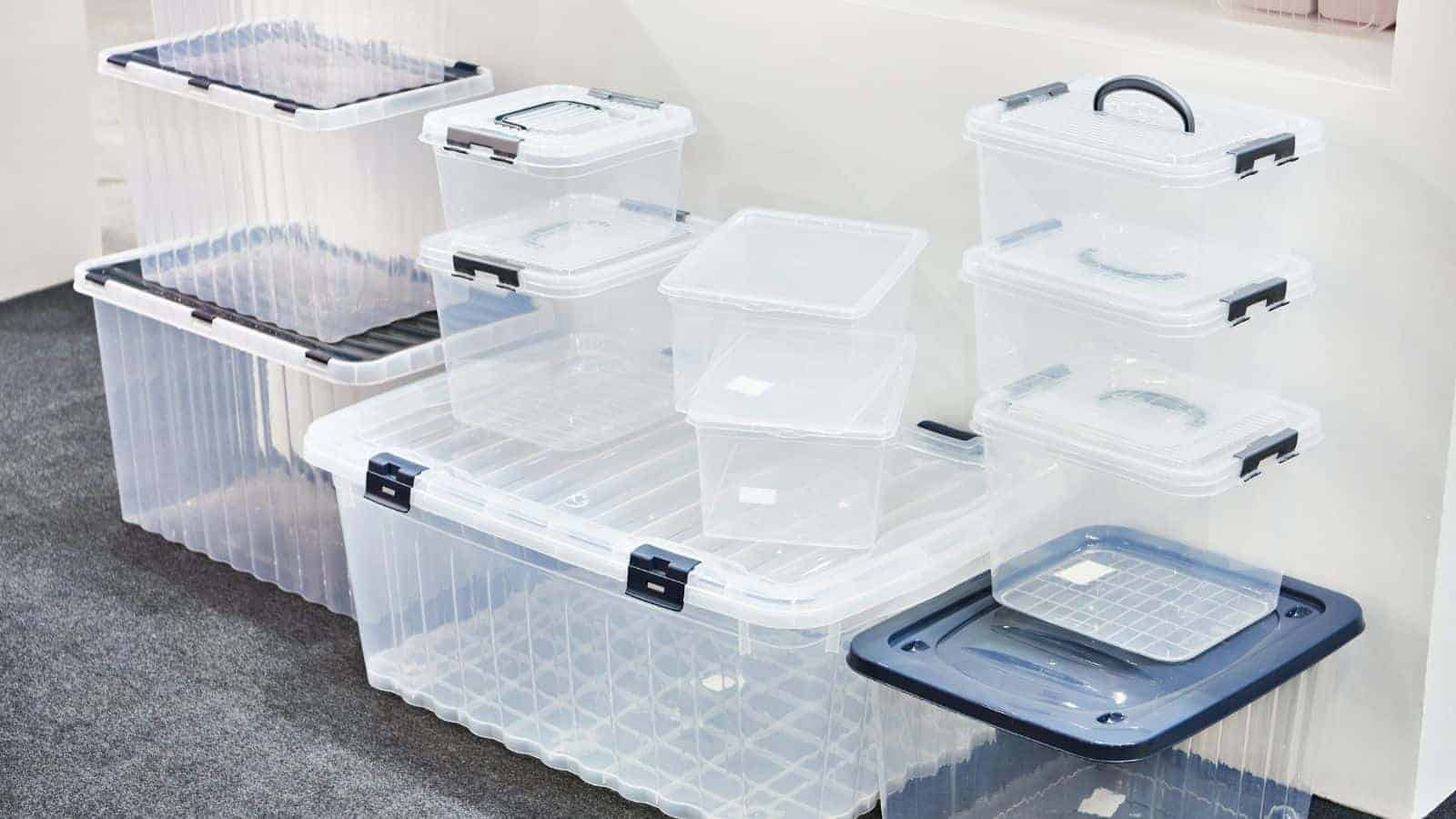
The classic, widely used plastic containers aren’t just harmful to our environment; they could lead to serious health complications like fertility issues, allergic skin reactions, and respiratory irritation. This is especially true for plastic containers with recycling codes 3, 6, and 7 containing the harmful chemical bisphenol A (BPA). Always use glass containers whenever it’s practical.
Non-Stick Cookware
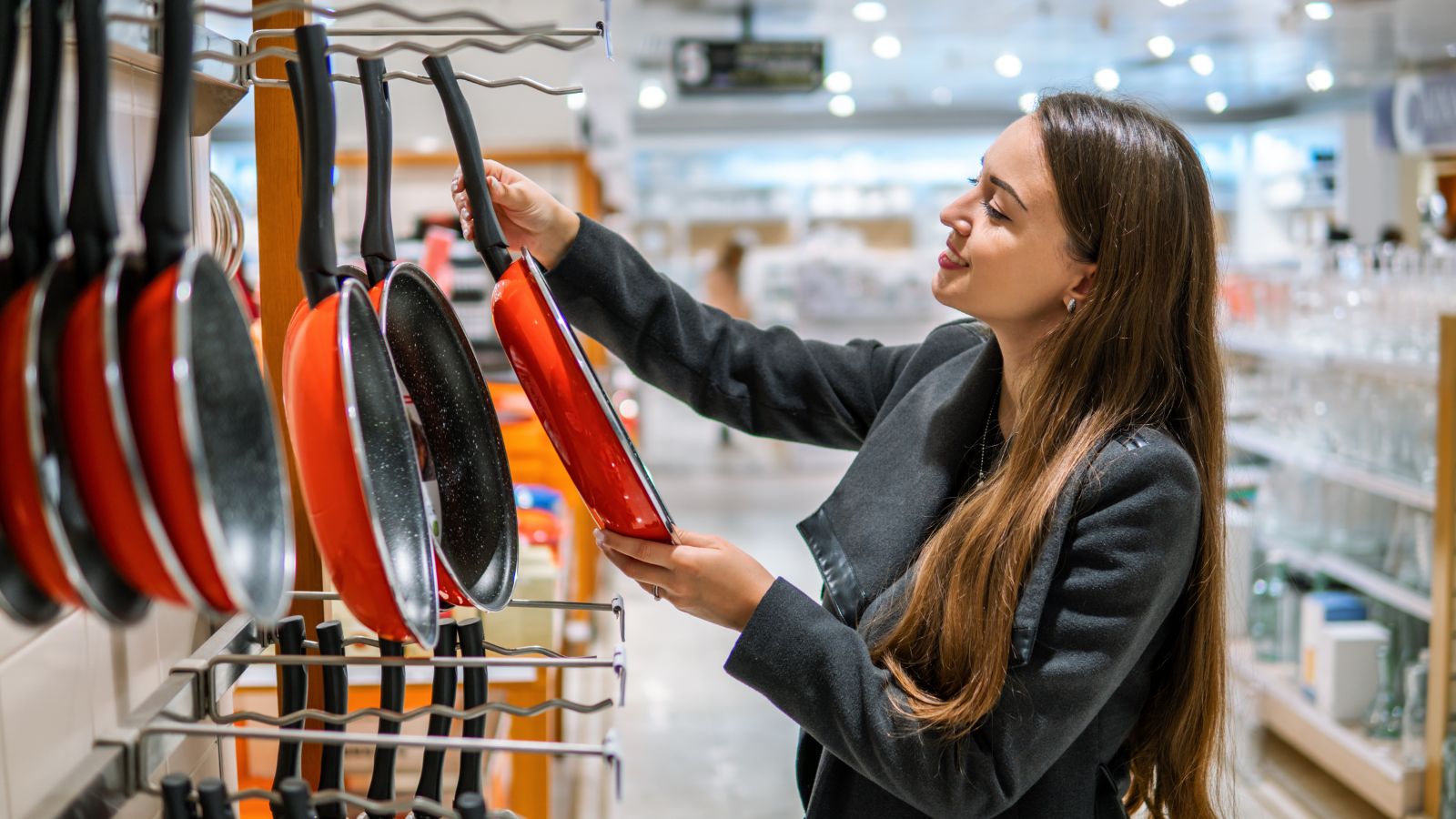
Non-stick pots and pans are convenient, especially when it comes to cleaning up after cooking. However, it’s important to know that they also often contain the harmful chemical perfluorooctanoic acid (PFOA). This is an issue as an unhealthy amount of PFOA exposes you to thyroid disease, ulcers, kidney cancers, and pregnancy-induced hypertension.
Cleaning Products
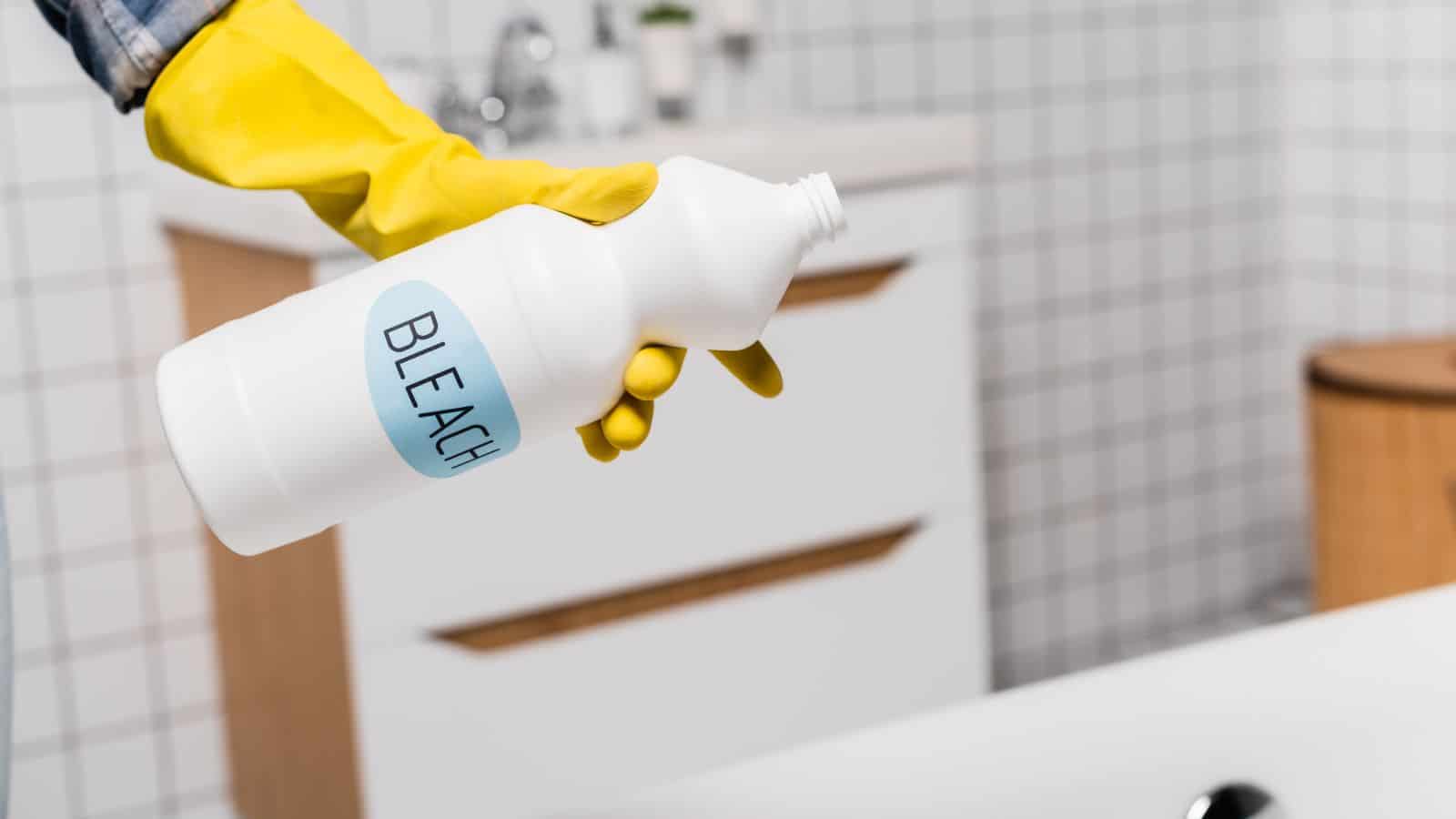
Filled with toxic chemicals such as ammonia and bleach, common cleaning products can cause respiratory issues, skin irritation, and even long-term health problems. Switching to natural cleaning solutions like vinegar, baking soda, and essential oils can significantly reduce these risks.
Mattresses

Many mattresses are treated with flame retardants that contain harmful chemicals like polybrominated diphenyl ethers (PBDEs). These chemicals, which can affect thyroid function and brain development and are linked to cancer, are high in mattresses containing bromine, polyester fiber, and feather pillows.
Furniture

New furniture can off-gas volatile organic compounds (VOCs) from materials like particleboard and adhesives. As mentioned earlier, VOCs can lead to respiratory problems, headaches, and other health issues over time, so it’s always best to opt for furniture made from solid wood and other non-toxic materials.
Cosmetics

Parabens, phthalates, and synthetic fragrances are common in many cosmetic products you use. These ingredients can disrupt hormones and cause allergic reactions, contributing to more severe health issues over time. It’s always better to read labels carefully and choose products with natural ingredients to avoid these harmful chemicals.
Canned Foods

Our major concern with canned foods is BPA, a chemical typically used in the lining of many cans. BPA can leak into food and has been linked to numerous health issues, such as heart disease, obesity, and cancer. There are also preservatives to worry about. To avoid these risks, you should opt for fresh or frozen foods.
Vinyl Flooring

Often containing phthalates and other harmful chemicals, vinyl flooring can off-gas these into the home environment. These toxins are associated with respiratory issues, developmental problems in children, and even some cancers. And you’re better off using natural materials like wood, bamboo, or cork for flooring.
Perfumes and Colognes

Like air fresheners, the synthetic fragrances in many perfumes and colognes are harmful to our health despite smelling nice. These fragrances often contain phthalates, which can trigger allergies, disrupt hormones, and cause reproductive and developmental issues. Choosing products with natural ingredients is always a safer option.
Processed Foods
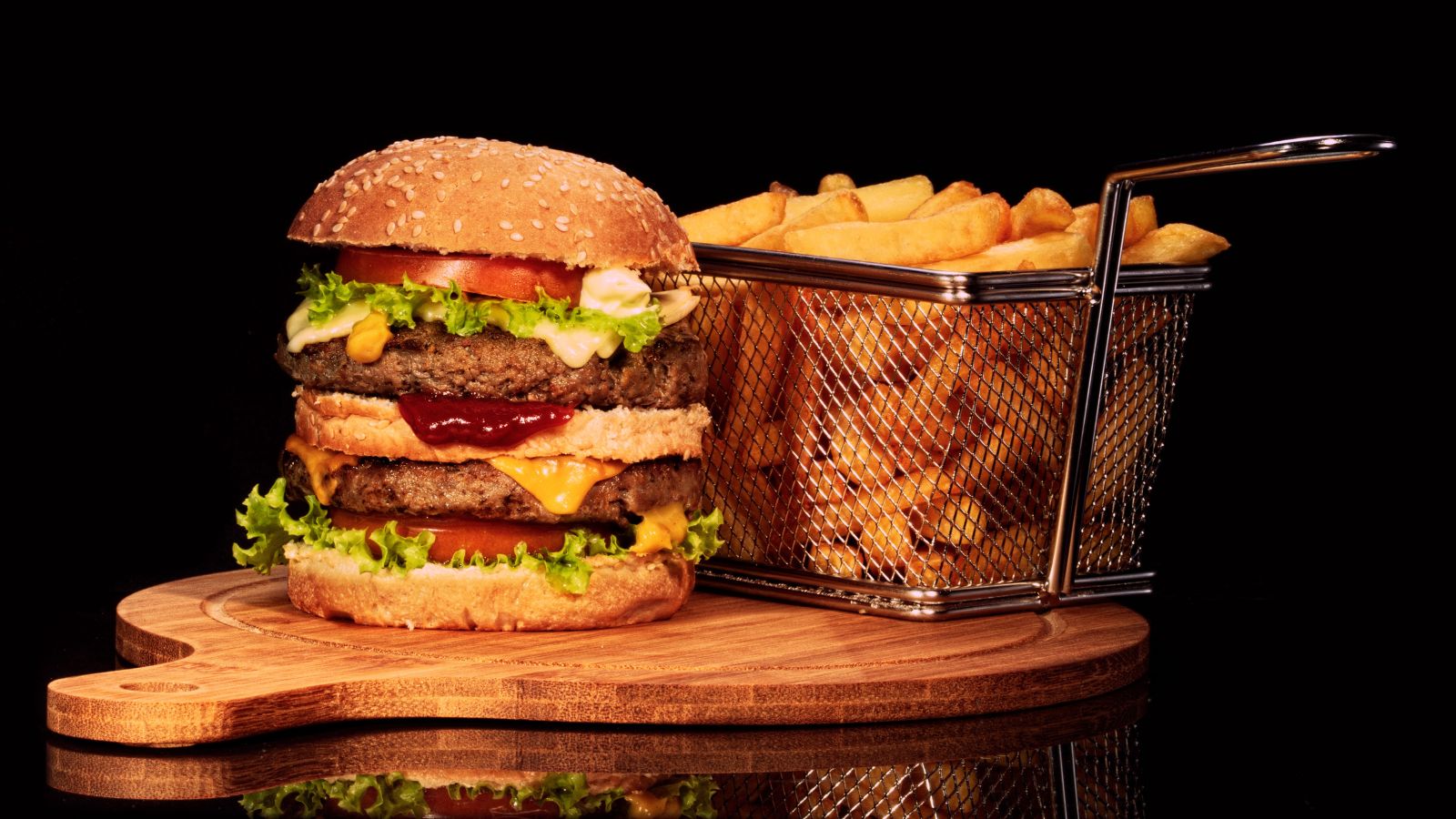
Processed foods contain artificial additives, preservatives, and colorings, which can cause a range of health problems, such as allergic reactions and long-term diseases like diabetes and cancer. Eating whole, unprocessed foods rich in nutrients can help minimize exposure to these toxins, promote better health, and sometimes even save you money.
Shower Curtains
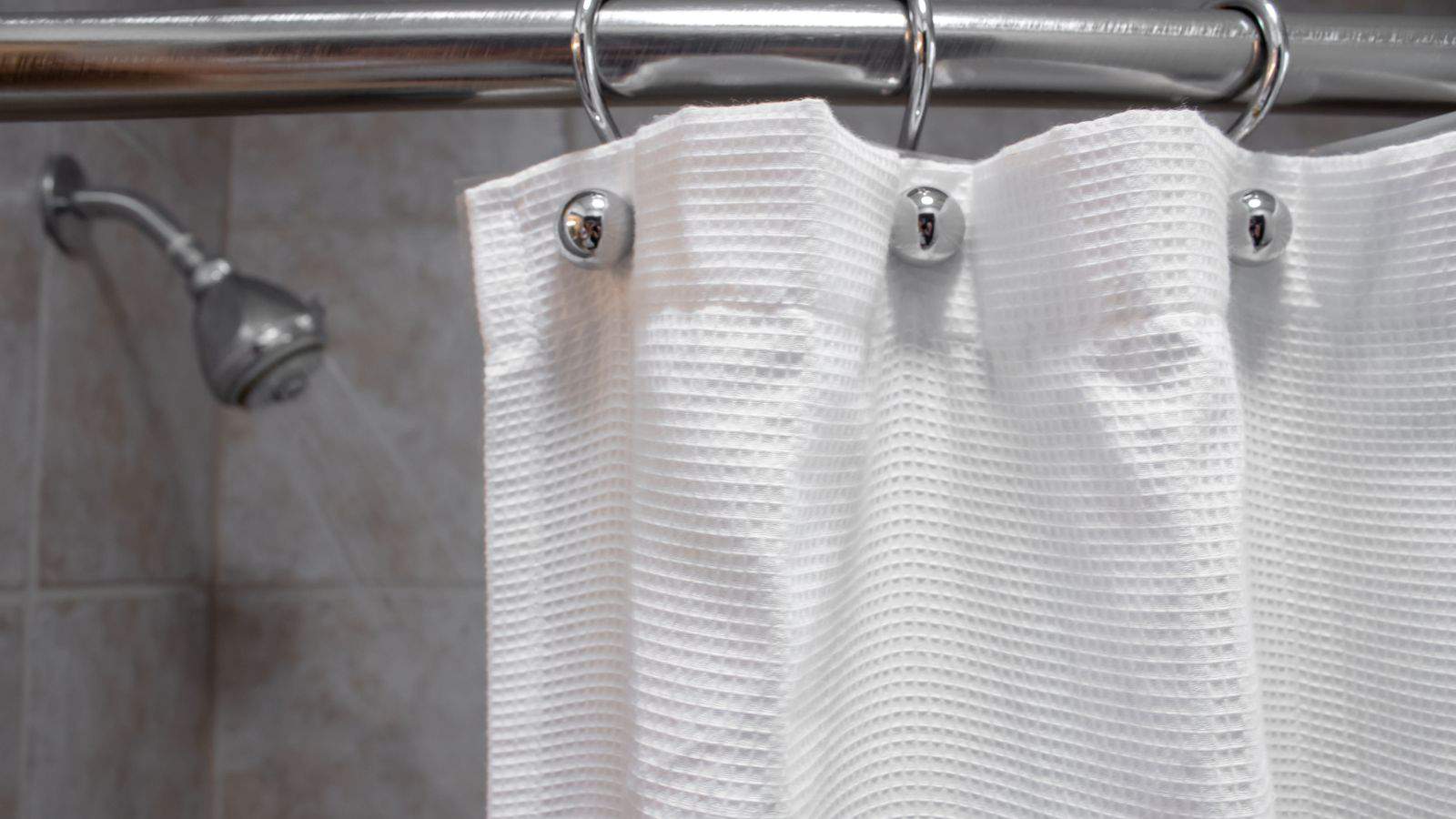
Vinyl shower curtains often release harmful chemicals like phthalates and VOCs as well. These contribute to indoor air pollution and pose certain health risks, like damage to your respiratory system and hormonal disruptions. You’re better off settling for fabric or PEVA shower curtains.
Toothpaste
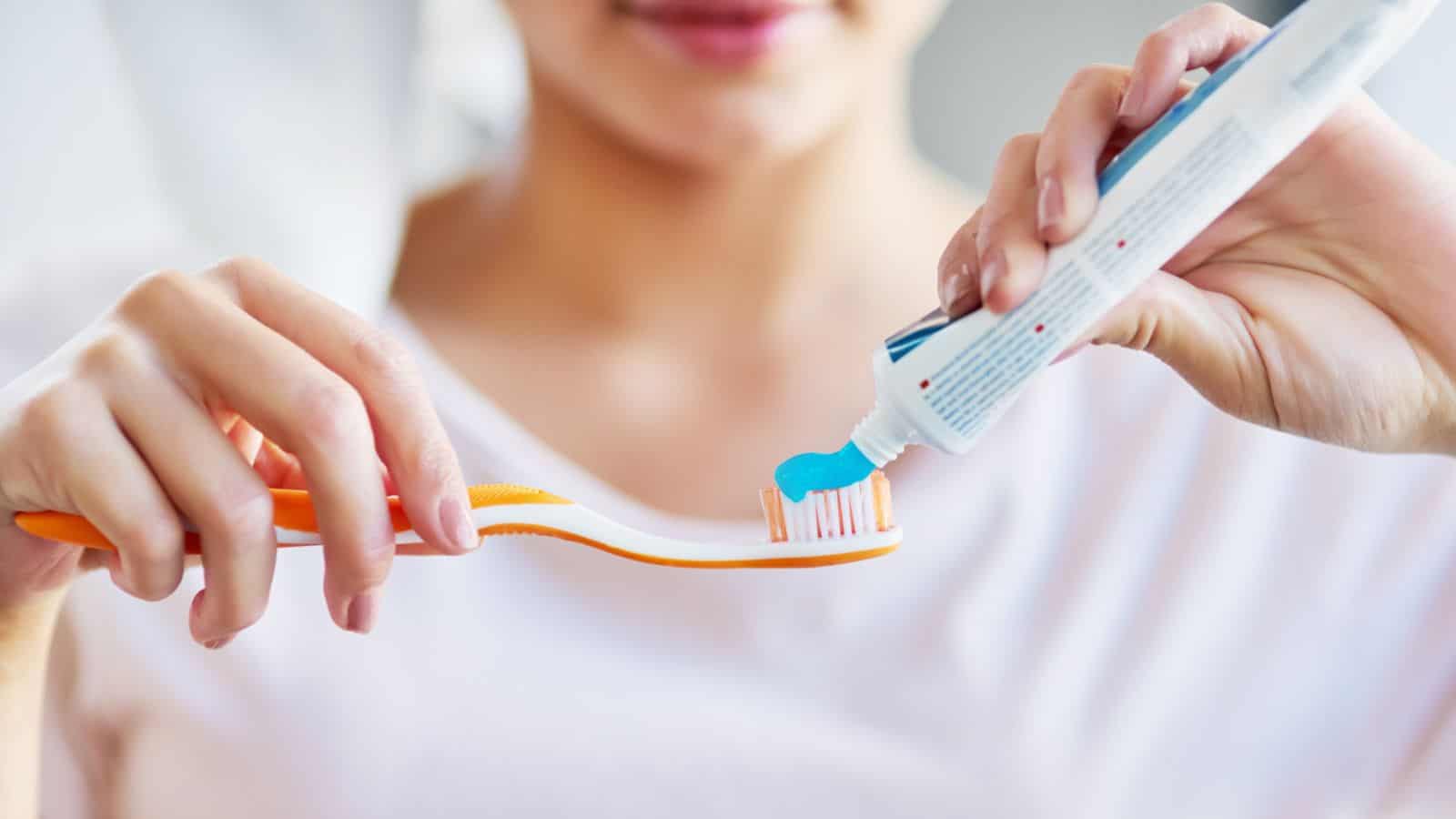
Triclosan, found in some toothpaste tubes, is linked to antibiotic resistance and endocrine disruption. While deemed one of the most important ingredients in toothpaste, fluoride can also be toxic if ingested in large quantities and can lead to skeletal fluorosis. It’s best to always use toothpaste without these toxins or limit how much toothpaste you use when brushing.
Microwave Popcorn

Microwave popcorn bags often contain perfluorooctanoic acid (PFOA), which can contaminate the popcorn itself during cooking. As we revealed earlier, PFOA is associated with various health issues, including cancer, immune system damage, and thyroid problems. You can protect your health by making popcorn in paper lunch bags instead.
Dry-Cleaned Clothes
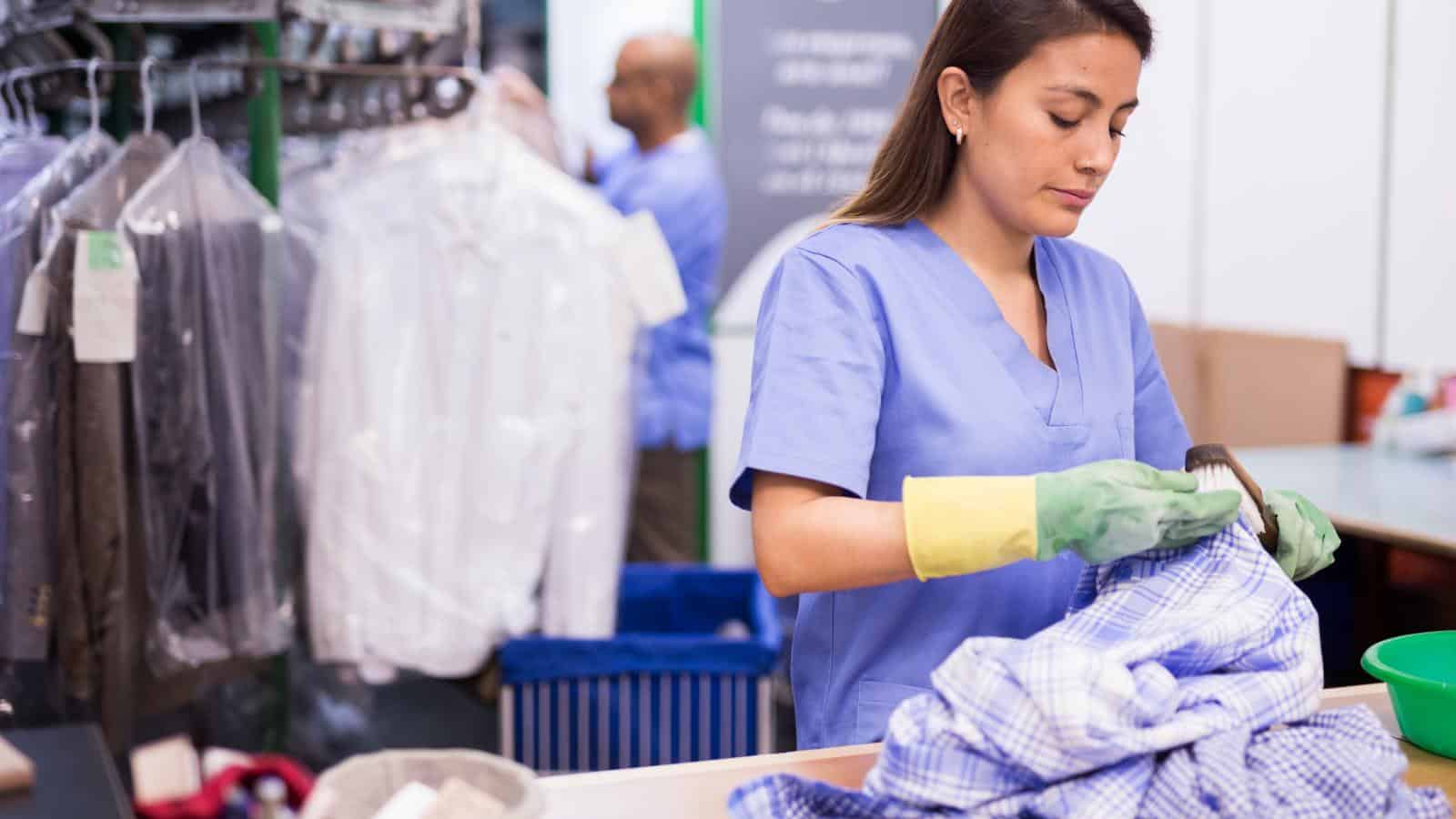
Dry cleaning, often involving the use of perchloroethylene (PERC) to dissolve grease, oil, and waxes, can be toxic to you, too. PERC exposure has been linked to respiratory problems, skin irritation, and cancer, so seeking eco-friendly dry cleaners or washing your clothes can reduce exposure to these harmful chemicals.
Water Bottles
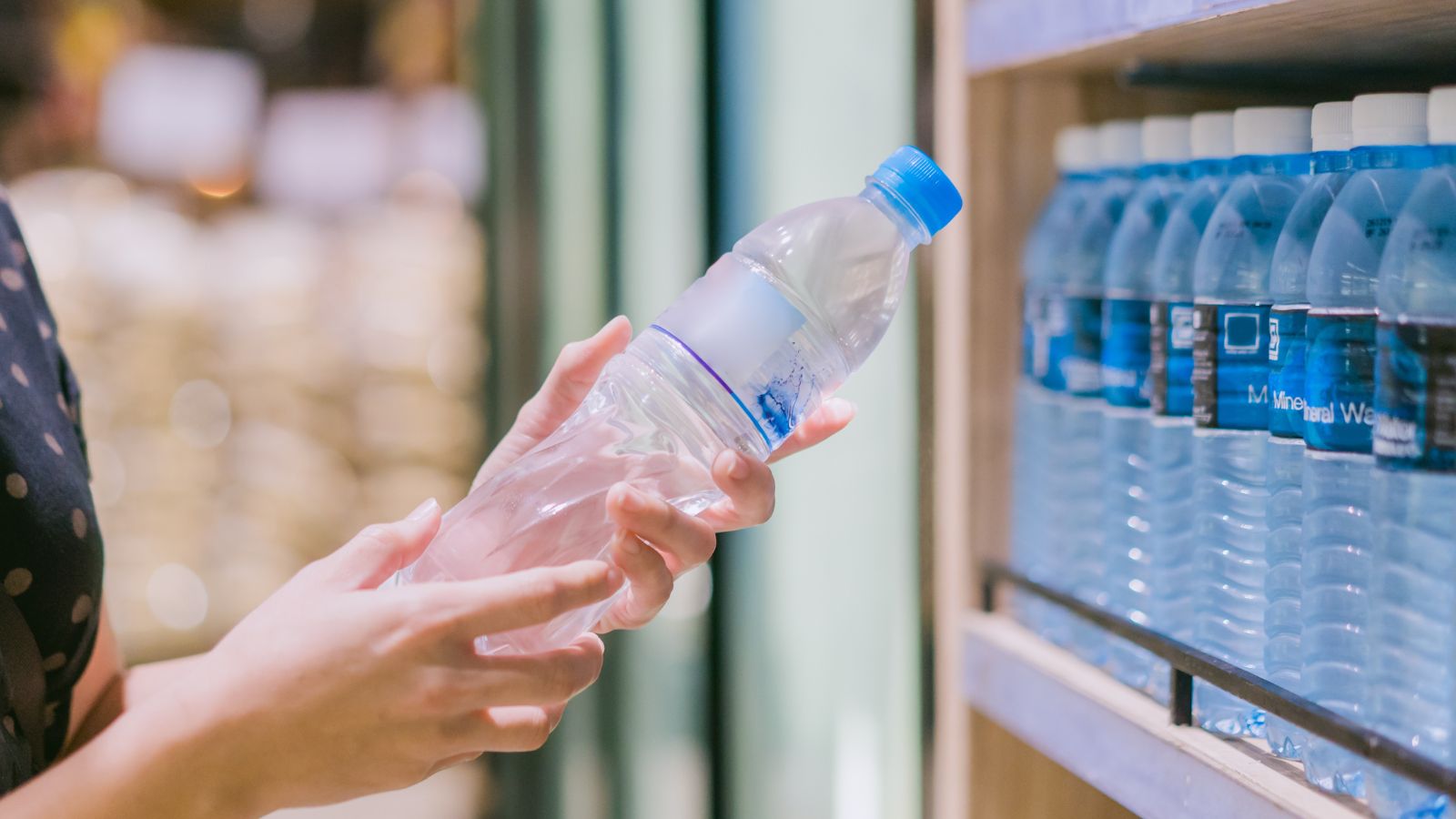
Plastic water bottles may contain bisphenol A (BPA) and other harmful chemicals. These substances can contaminate your water, especially when the bottles are exposed to heat. This can then expose you to health risks like hormonal disruptions and cancer. Using stainless steel or glass water bottles is a healthier choice.
Artificial Sweeteners

Found in diet sodas and sugar-free products, artificial sweeteners can also harm your health. Some studies link them to metabolic disorders, weight gain, and increased cancer risk. Abandon them for natural sweeteners like honey, stevia, or maple syrup, as they don’t have any consequences for taste or your well-being.
Cookware with Aluminum

Aluminum cookware can cause aluminum to seep into food, especially when cooking acidic foods like tomatoes. Excessive exposure to this aluminum puts you at risk of health issues like Alzheimer’s disease, neurological problems, and bone diseases. It’s always better to use cookware made from stainless steel, cast iron, or other safer materials.
Insect Repellents
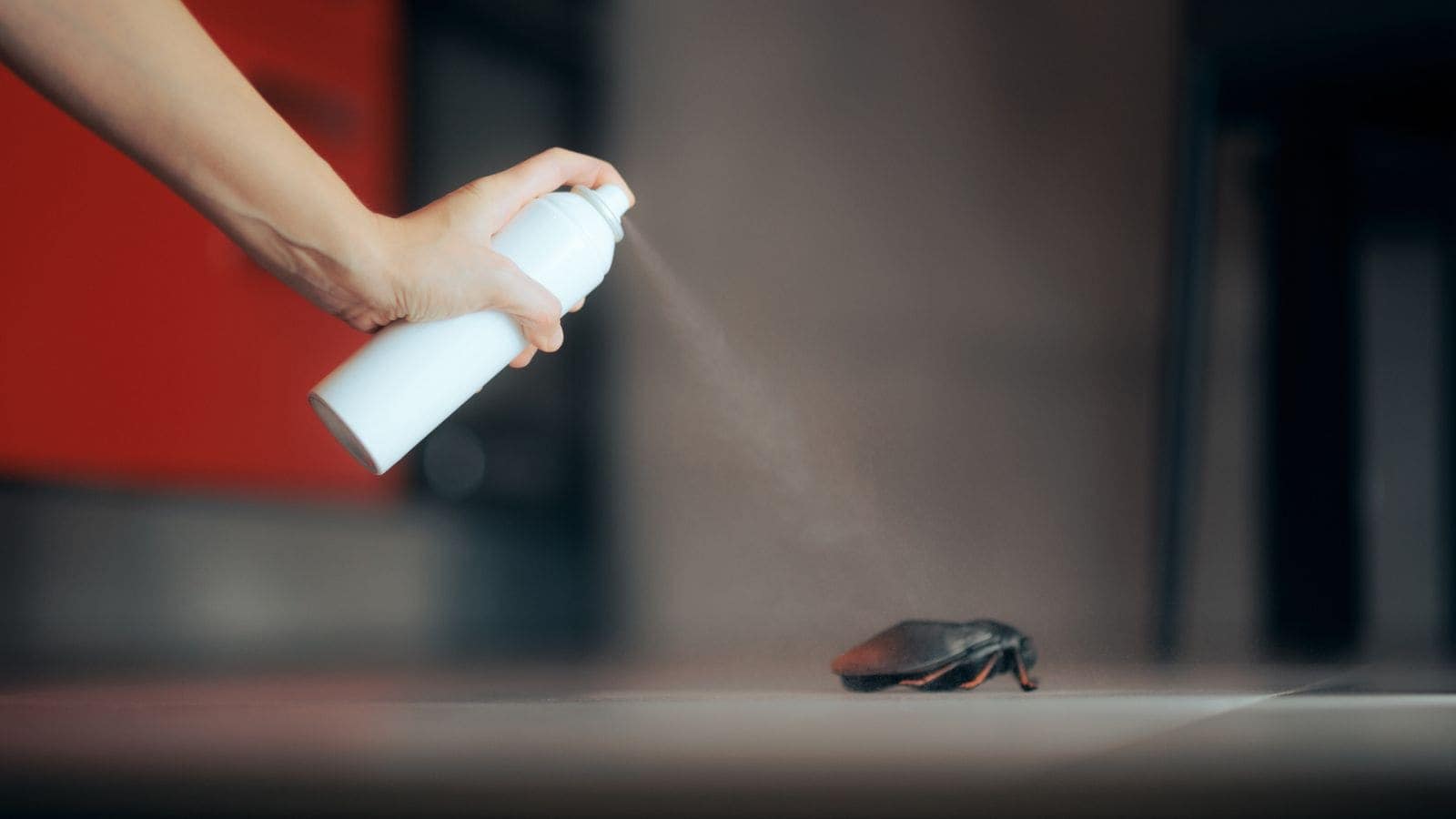
Containing DEET, a chemical that can be harmful if used frequently, insect repellents can pose health risks. DEET exposure has been associated with skin irritation, neurological problems, and even seizures. Using natural repellents with ingredients like citronella oil, lemon eucalyptus, and lavender is always safer.
Scented Candles

Even scented candles aren’t safe for you, and this is because they release harmful chemicals like benzene and toluene when burned. These substances can contribute to indoor air pollution. Instead, you’ll find that candles made from natural materials like soy, beeswax, or coconut wax are healthier options.
Antibacterial Soaps
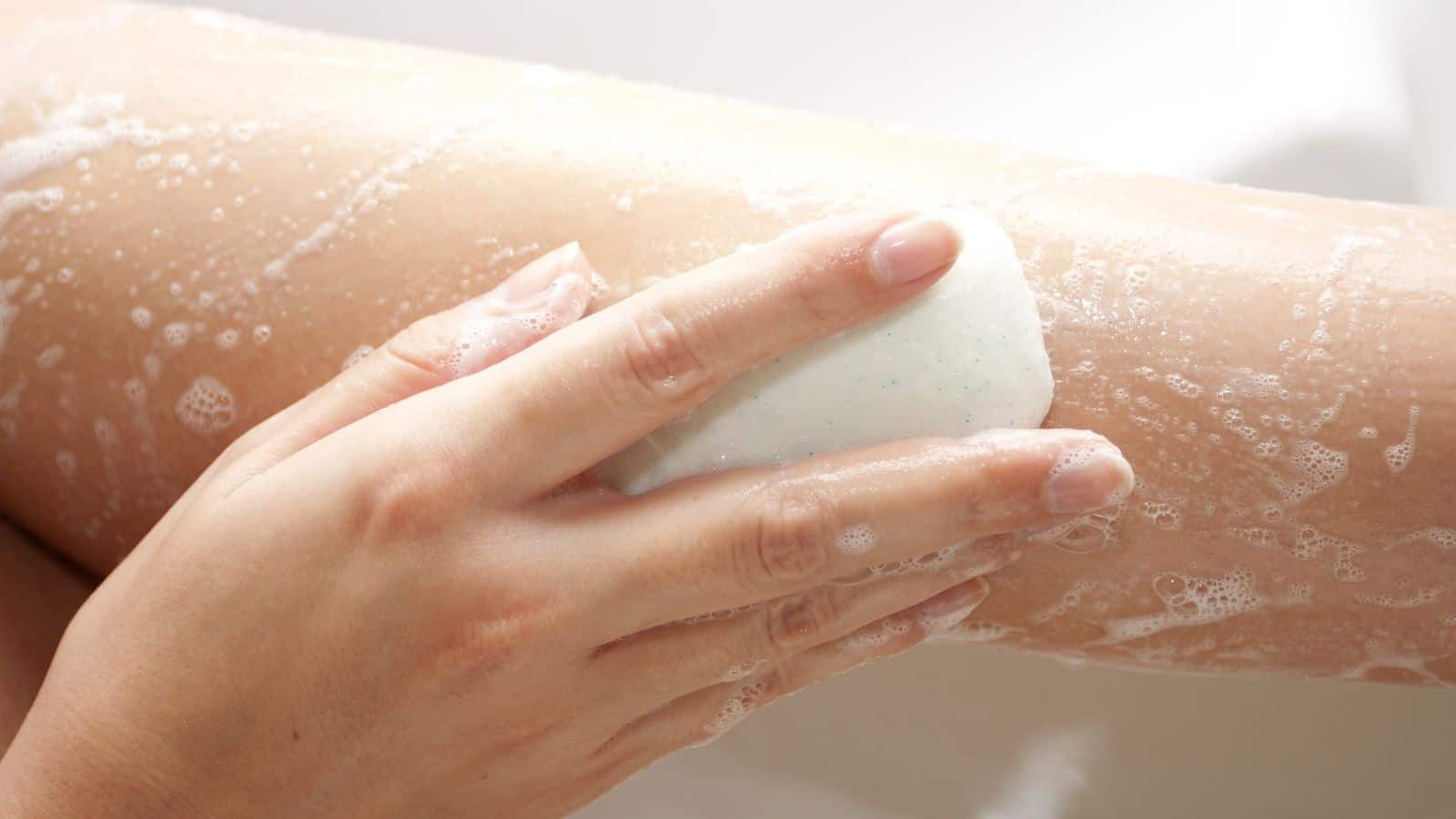
Often containing triclosan, antibacterial soaps can contribute to antibiotic resistance and disrupt your hormones. It’s so bad that, because it causes skin irritation and other health risks, triclosan has been banned in many products. Regular soap and water are just as effective and safer for maintaining cleanliness.
Up Next: 17 Things Most People Forget After Someone Dies

When a person dies, it’s easy for their partner or family members to overlook things while they process shock and grief. Despite the pain of losing a loved family member, it’s important to remember to organize these 17 things to prevent problems later on.
17 Things Most People Forget After Someone Dies
17 Phrases Confident People Use to Stand Up For Themselves

Confidence is a healthy and attractive trait that helps us stand firm in our values and set healthy boundaries. We can always become more confident, and learning the right ways to stand up for yourself is a great way to start. Here are 17 phrases you can use to do so.
17 Phrases Confident People Use to Stand Up For Themselves
20 Signs Someone Is Only Pretending to Care

Whether it’s to avoid hurting your feelings or if it’s part of a more elaborate plan to deceive you for benefits, people pretend for many reasons. The main theme with them, though, is that their actions never match the sugar-coated words that come out of their mouths. So that you don’t fall for someone like this, we’ve compiled 20 signs for you to look out for.
